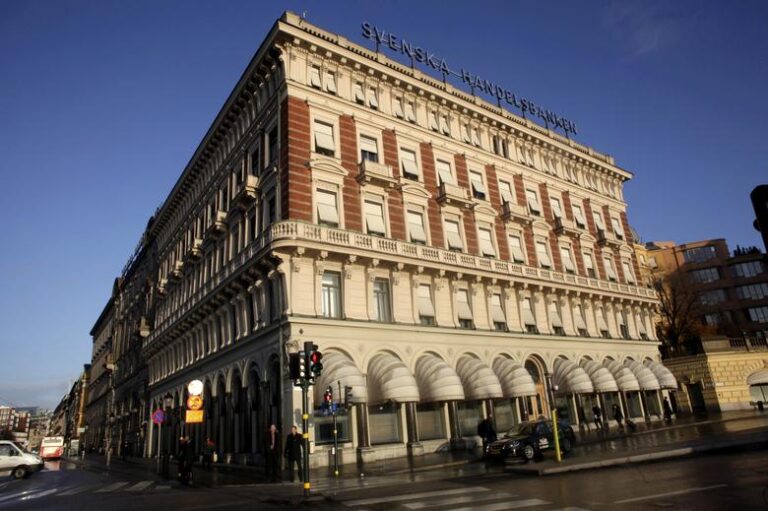
(Reuters)-Corona Capital is a column updated throughout the day by Breakingviews columnists around the world with short, sharp pandemic-related insights.
Fast fashion’s thrift comes with a warning. Zara owner Inditex reassured investors by returning to profit in the three months to the end of July. Costs cuts helped as it slashed its operating expenses by 21%, helping to offset a 31% decline in revenue to 4.7 billion euros. The news, which follows similar positive results at H&M on Tuesday, lifted Inditex shares as much as 7% on Wednesday morning.
There may be darker days ahead. Inditex store sales are recovering and its online business is thriving. This, however, is likely to be temporary. Disposable income will fall as governments unwind furlough schemes and the full scale of the unemployment caused by lockdowns becomes clear. Finding new areas to slash may prove tricky, particularly if a second coronavirus wave pushes up safety costs. The fact that fast-fashion groups have managed to cut so deeply suggests they are already preparing forleaner times.
Handelsbanken’s famously decentralised, branch-based lending approach appears to have taken a knock: on Wednesday the $19 billion Swedish lender announced that it would shut nearly half its 380 domestic outlets in the wake of the pandemic to meet a cost target of 20 billion Swedish crowns by 2022, a reduction of 1.7 billion Swedish crowns from last year. Shareholders cheered the latest branch bloodbath, sending shares up 3%.
They are right to do so: hitting that goal would give Chief Executive Carina Akerstrom a peer-thrashing costs-to-income ratio of just 42%, according to Refinitiv data. It’s not all about savings, though. The bank is also ploughing more money into technology, and promising that the branches that are still standing will offer clients better access to specialist advice and operate with “an even greater degree of decision-making authority”. The 1,000 staff deemed superfluous will be less excited about their newfound autonomy.
Thomas Cook, the storied travel company that went into liquidation in September last year, is preparing to hit the road again. China’s Fosun Tourism is reviving the brand – the collapse of which famously left hundreds of thousands of holidaymakers stranded – as an online-only service that will sell destinations on Britain’s safe travel corridor list.
The International Air Transport Association noted in August that European flights are still more than 50% below the comparable period in 2019, while passenger demand in Europe is not expected to reach 2019 levels until 2024. One of Thomas Cook’s biggest competitors, TUI, has had to secure aid from the German government. So Fosun’s timing might seem off, especially given that its other travel assets like Club Med aren’t exactly flourishing. But the Chinese conglomerate, which snapped up Thomas Cook’s brand assets in November 2019 for 11 million pounds, might as well put them to work and hope things turn around.






